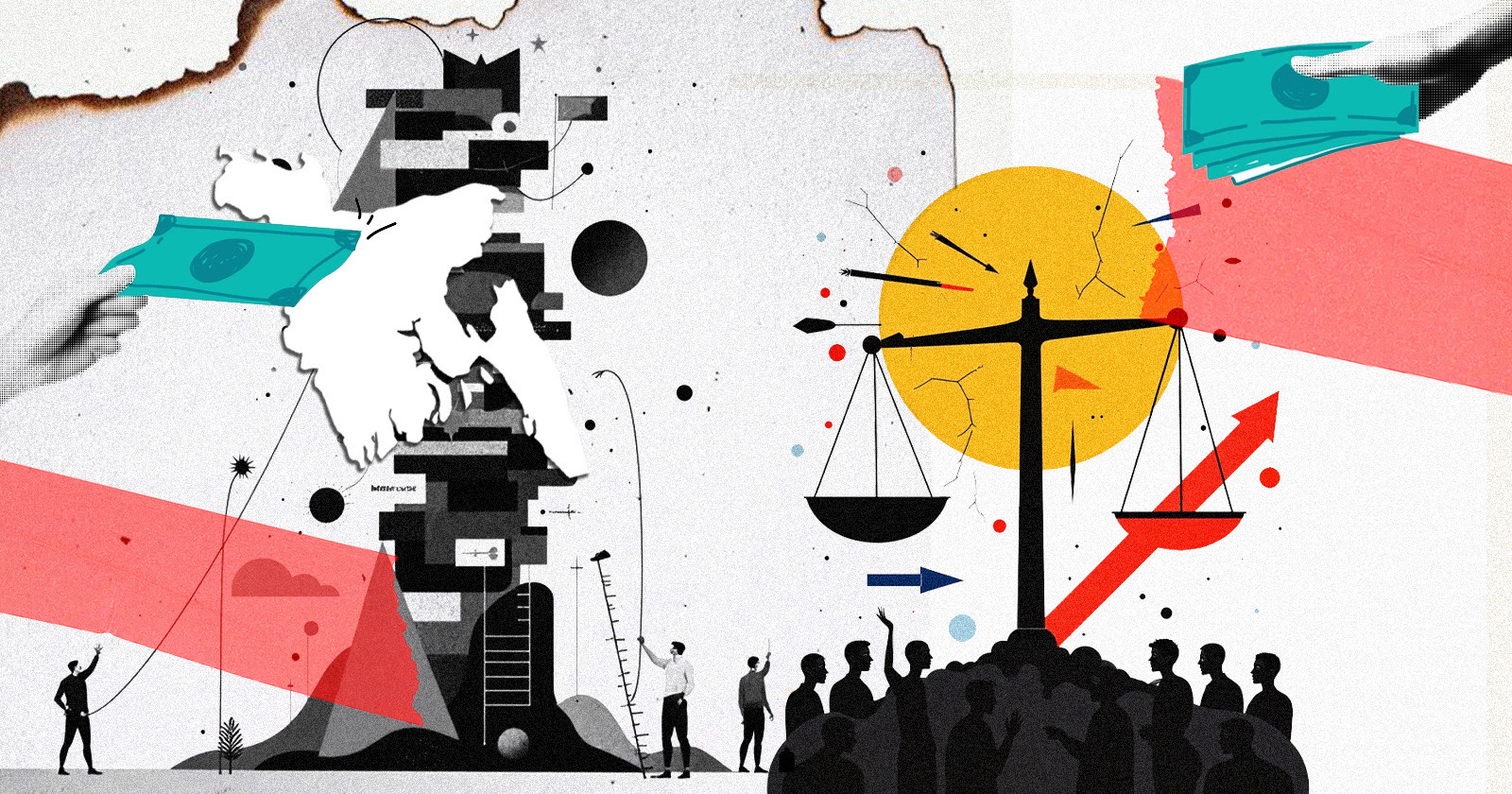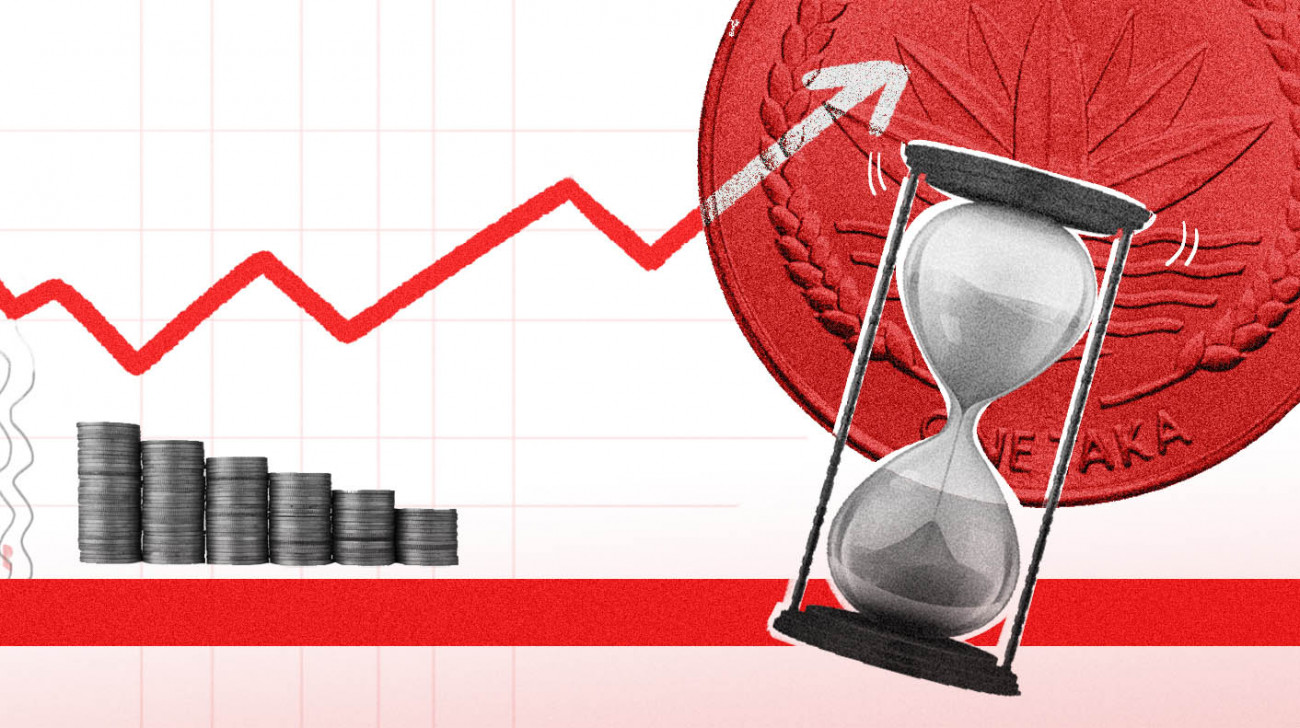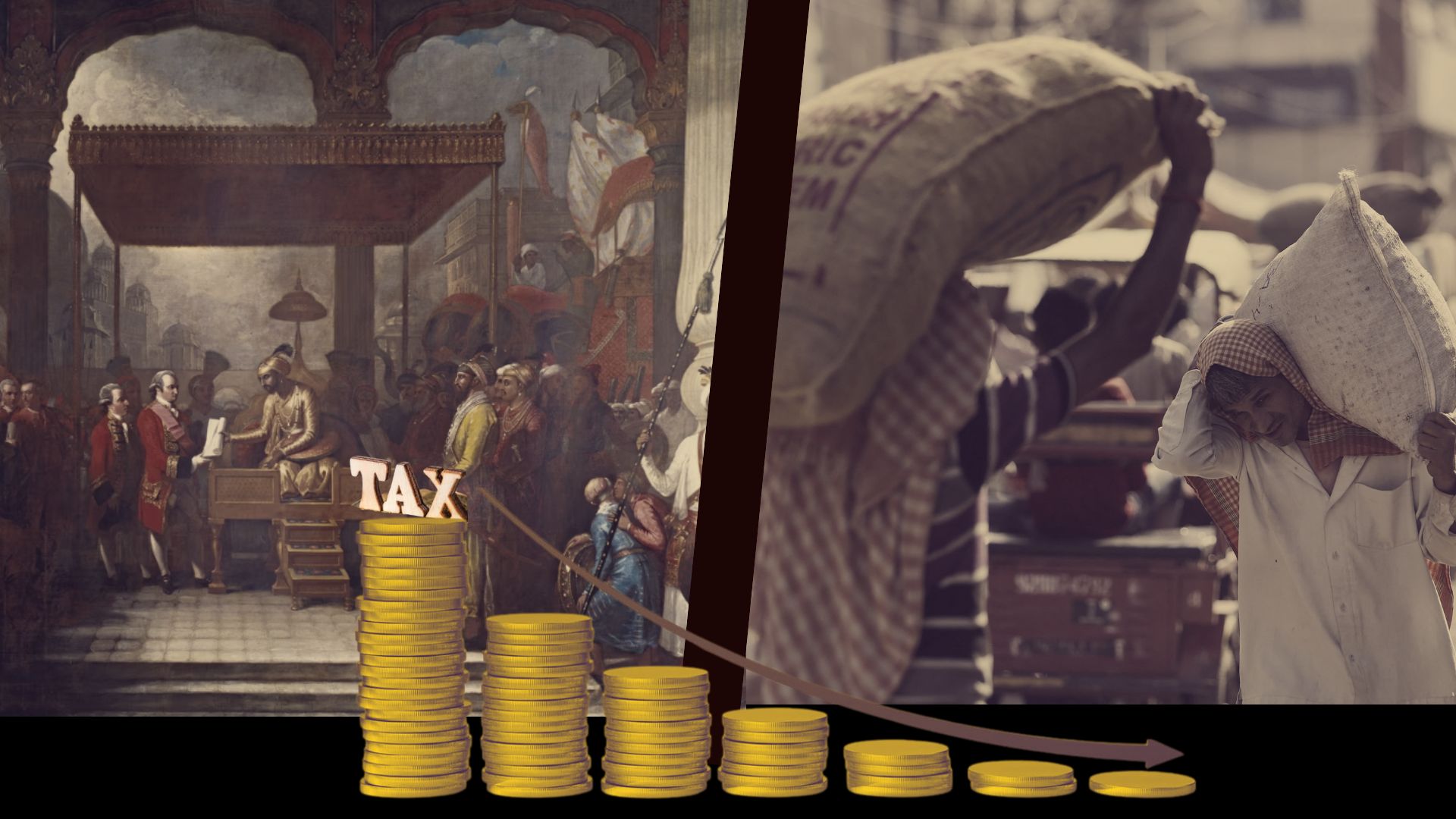A conservative budget for FY2026

The proposed budget for the 2025-26 fiscal year, worth Tk 7.9 lakh crore, was presented by the finance adviser yesterday, at a time when the country is passing through unusual circumstances—both politically and economically. A non-political, unelected government, the result of the political changeover last year, formulated the budget amid several economic challenges.
On the economic front, despite the fact that several economic indicators show stability returning in nearly 10 months of the interim government, the outlook for investment and employment remains bleak. While some areas of the economy have shown progress to an extent, many other sectors have yet to see positive outcomes. Inflation, which remained over nine percent for 27 consecutive months, is showing a downward trend, reaching 9.05 percent in May 2025. However, there is a silver lining in the external sector. Strong remittance inflows have bolstered the foreign exchange reserves. Export income is also impressive. In the banking sector, several disciplinary measures have been undertaken, stemming the sector's continuous deterioration and easing the widespread panic that once plagued it.
Yet, significant challenges still remain. A new ordinance has been issued to regulate the banking industry, with steps taken to safeguard depositors' interests. The draft Banking Resolution Ordinance, 2025, which is available on the website of the Financial Institutions Division, delineates rules and regulations for improving the ailing banks. These measures are expected to help rebuild investor confidence.
In the current context, the FY2026 budget was expected to address some of the existing challenges. Controlling inflation, tackling investment hurdles, creating employment, and achieving macroeconomic stability are some of the crucial areas to which the government needs to pay attention to. The need for higher investment in human capital development and social protection cannot be ignored either.
Some of the major features of the proposed budget sheds light on the government's priorities.
The size of the FY2026 budget has been reduced by Tk 7,000 crore compared to its predecessor, reflecting a contractionary approach taken by the government to address the persistent economic struggles. The Annual Development Programme (ADP) allocation has been reduced by 13.2 percent compared to the original allocation in the FY2025 budget, which indicates a strategic shift towards fiscal consolidation. The budget deficit is set at 3.62 percent of GDP, which will be financed through domestic borrowing and foreign loans. Setting a lower budget deficit is a wise move in view of high inflation and limited fiscal space.
The revenue collection target for the incoming fiscal year is set at Tk 5.64 lakh crore, a 4.25 percent increase from the outgoing year's original target of Tk 5.41 lakh crore. The National Board of Revenue (NBR) is expected to collect Tk 4.99 lakh crore of this target. However, the revenue authority has historically struggled to meet such targets. Given the trend of revenue collection till March 2025, the deficit could exceed Tk 1 lakh crore by the end of the outgoing fiscal year. A practical and achievable target could improve tax collection predictability. The country's existing tax structure, with a tax-GDP ratio of less than eight percent, limits the government's ability to mobilise resources for development spending.
In view of the persistent inflationary pressure, the new budget proposes to raise the tax-free income threshold for individual taxpayers from Tk 3.5 lakh to Tk 3.75 lakh—but from FY2026-27. The tax measures will not provide much comfort to the low- and middle-income groups. The budget continues to rely on indirect taxes, so it will not effectively reduce the pressure of high inflation on the people. The government should attempt to collect taxes by expanding the tax net and curbing tax evasion. It also needs to undertake reforms to make the tax system more progressive and equitable.
The upcoming budget proposes to introduce some tax policies designed to enhance investment, such as withdrawing or reducing supplementary duties on several products and cutting customs duties on others in order to reduce the cost of doing business. These tax proposals aim to boost market access and trade competitiveness. The budget highlights creating a business-friendly environment to stimulate private investment, which has been sluggish due to high inflation, rising interest rates, and a weak law and order situation. The political upheavals of the July-August mass uprising, and the subsequent disruptions, resulted in further deterioration of the business environment and the overall economic stability. The uncertain political future is discouraging investors. Therefore, success of the economic measures will depend on how effective the political measures are in stabilising the country.
Despite the interim government's commitment to improving human development indicators, the FY2026 budget has reduced ADP allocation for the health sector by Tk 2,535 crore and for the education sector by Tk 2,971 crore compared to the outgoing fiscal year. This raises concerns about the government's ability to improve the quality of education and healthcare services, which are crucial for reducing poverty and enhancing human capital. It is undeniable that investing in people—teachers, students, doctors, nurses—is critical. Allocation for the agriculture sector in the ADP has also been decreased by Tk 2,424 crore, which is concerning from the food security perspective.
During high inflation, social safety net programmes play an important role. However, the efficiency of these programmes has been undermined due to the exclusion of genuinely poor citizens and inclusion of non-poor people. Besides, there are several common programmes that various institutions of the government implement. The budget has proposed reducing the number of such programmes to 95 from about 140 previously, which is a good move.
In the Mid-Term Macroeconomic Policy Statement (MTMPS) for FY2026-FY2028, the government has set the GDP growth target to be 5.5 percent for FY2026 and expects the inflation rate to decline to 6.5 percent. Achieving these targets will depend on addressing the current economic and political challenges and implementing some essential reforms. For example, the institutional reform of the NBR will be critical for meeting the revenue target. The government attempted to undertake such a reform through dissolving the NBR and establishing two new divisions under the finance ministry. However, the initiative has been stalled in the face of protests by NBR employees on administrative issues. It is crucial that this reform is implemented sooner rather than later through broader consultations with the relevant stakeholders to enhance efficiency and transparency in revenue collection.
Since a budget is designed only for a year, there is a limited scope for undertaking deep reforms. However, structural bottlenecks, including fiscal discipline and efficiency through institutional reform, are necessary to deliver budget commitments. Here's to hoping that the interim government will initiate a few targeted and critical reforms in FY2026 to improve budget implementation.
Dr Fahmida Khatun is executive director at the Centre for Policy Dialogue (CPD).
Views expressed in this article are the author's own.
Follow The Daily Star Opinion on Facebook for the latest opinions, commentaries and analyses by experts and professionals. To contribute your article or letter to The Daily Star Opinion, see our guidelines for submission.




 For all latest news, follow The Daily Star's Google News channel.
For all latest news, follow The Daily Star's Google News channel. 



Comments